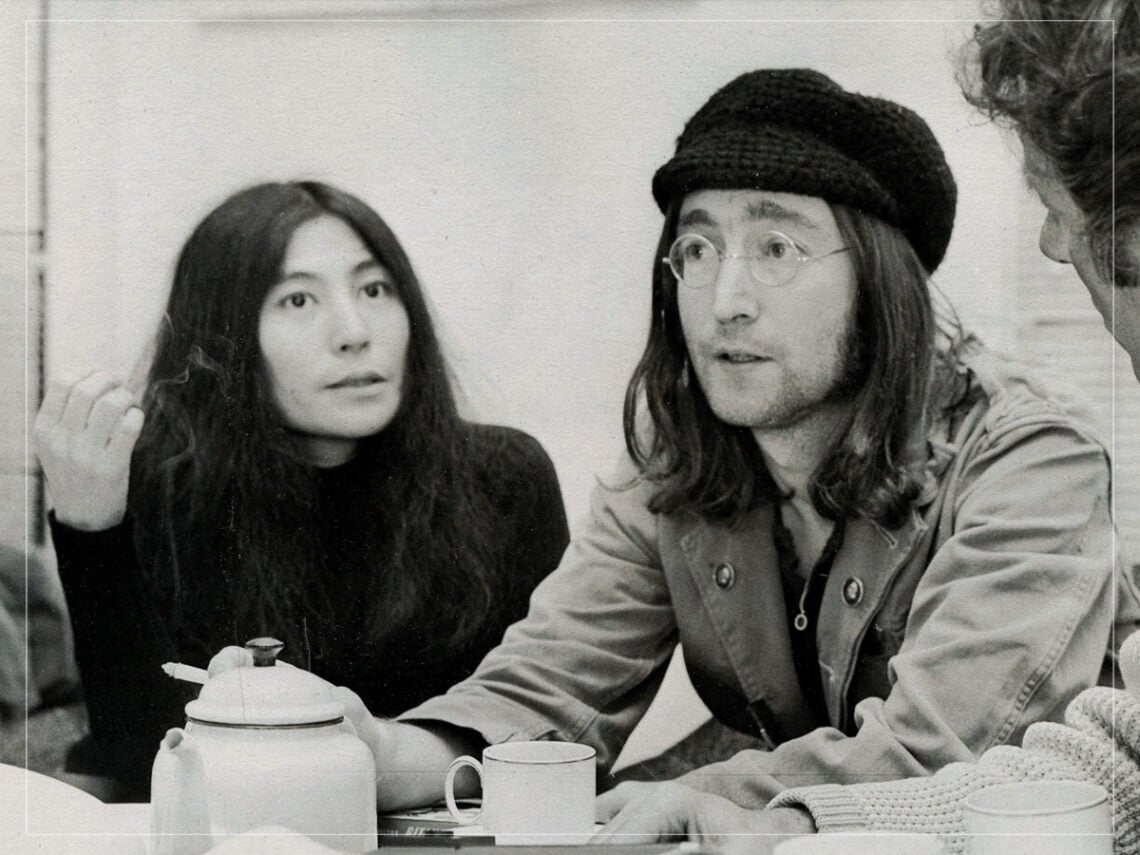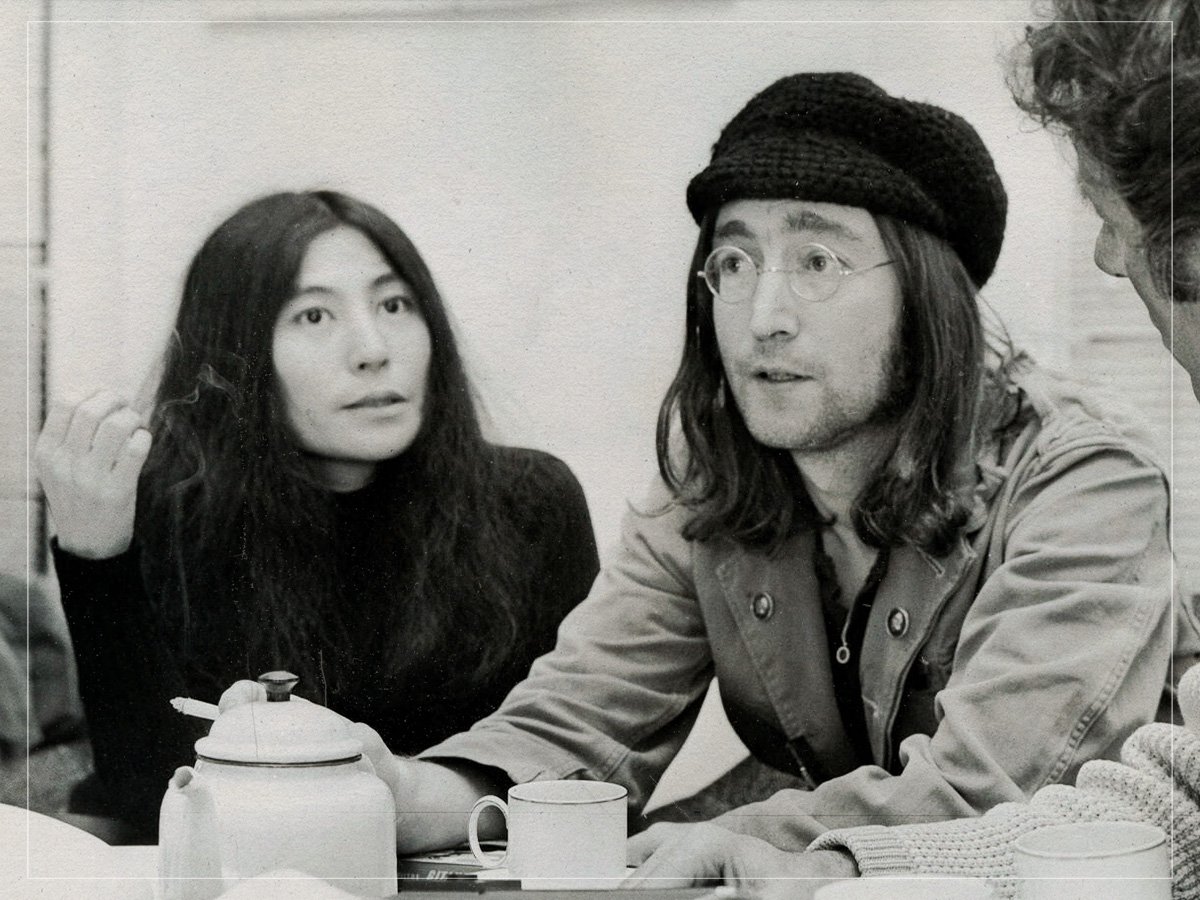
(Credits: Far Out / Alamy)
Mon 25 August 2025 20:00, UK
Any musician that’s been around a while is going to find moments where they lose the plot a little bit. Most musicians only get into the business because they simply love to play for whoever might be listening, but when you’ve gone as far with music as John Lennon did, there will always be moments where you have to back and realise what created that initial spark.
Because as much as Lennon loved writing songs since he first started playing with Paul McCartney, he was a much different person by the time the band had ended. There was no chance that the person who made an album like Plastic Ono Band was going to ever sing ‘She Loves You’ ever again, and while he always was pushing his music forward, Lennon was always trying to twist the conventional structure of what he could do.
Sure, he was a pop writer, but he wanted an opportunity to stretch, and the first few bed-ins for peace were the first time he delved into the art world properly. Sgt Peppers and Abbey Road had been works of art in their own way, but when the former Beatle decided to pose naked on the cover of Two Virgins, it wasn’t meant to simply provoke. He wanted to challenge the conventions of what a pop star was able to do, and while that did work when making peaceful protest anthems, things began to hit a wall around the mid-1970s.
Lennon was always willing to stick his neck on the line and stand up for what he believed in whenever he picked up a guitar, but launching more political material was bound to ruffle some feathers. Even if people completely agreed with his political ideology, there came a point where everyone started to think that Paul McCartney had a point on ‘Too Many People’ about Lennon’s preachiness. Something needed to change, but Lennon didn’t think it would be so swift on Mind Games.
As much as he and Yoko Ono loved working together, Some Time in New York City was the first time they realised they might be causing more harm than good to their creative processes. So while the idea for them to separate was heavy on Lennon’s mind when working on his fourth official solo album, he looked back on it with a strange fondness for getting him out of his political rut.
When talking about the album later, Lennon felt that he had finally returned to the kind of musician that he always wanted to be, saying, “I just came off Mind Games, which to me was like an interim record between being a manic political lunatic to back to being a musician again. And Mind Games is like the cross between them. I was really playing mind games, mind games is what it was. I had enough of this trying to be deep and think … ‘Why can’t I have some fun??’ And my idea of fun with music was to sing.”
The political material does show up every now and again on the record, but one of the best parts of hearing Lennon in this period is hearing musical experiments like he used to do in his Beatle days. There are a few fun rockers like ‘Tight A$’ and ‘Meat City’, but songs like ‘Out of the Blue’ and ‘Aisumasen (I’m Sorry)’ are fantastic looks into his creative process, especially the former that doesn’t even seem to have a set structure much like ‘Happiness is a Warm Gun’.
There’s still a dark undercurrent to the record considering Yoko’s absence, but being separated was just what allowed Lennon to figure out who he was. He could be an equally brilliant artist without his wife next to him, and for the next few years, he seemed to explore different parts of his mind that had been kept under wraps ever since Plastic Ono Band wrapped up.
Related Topics

